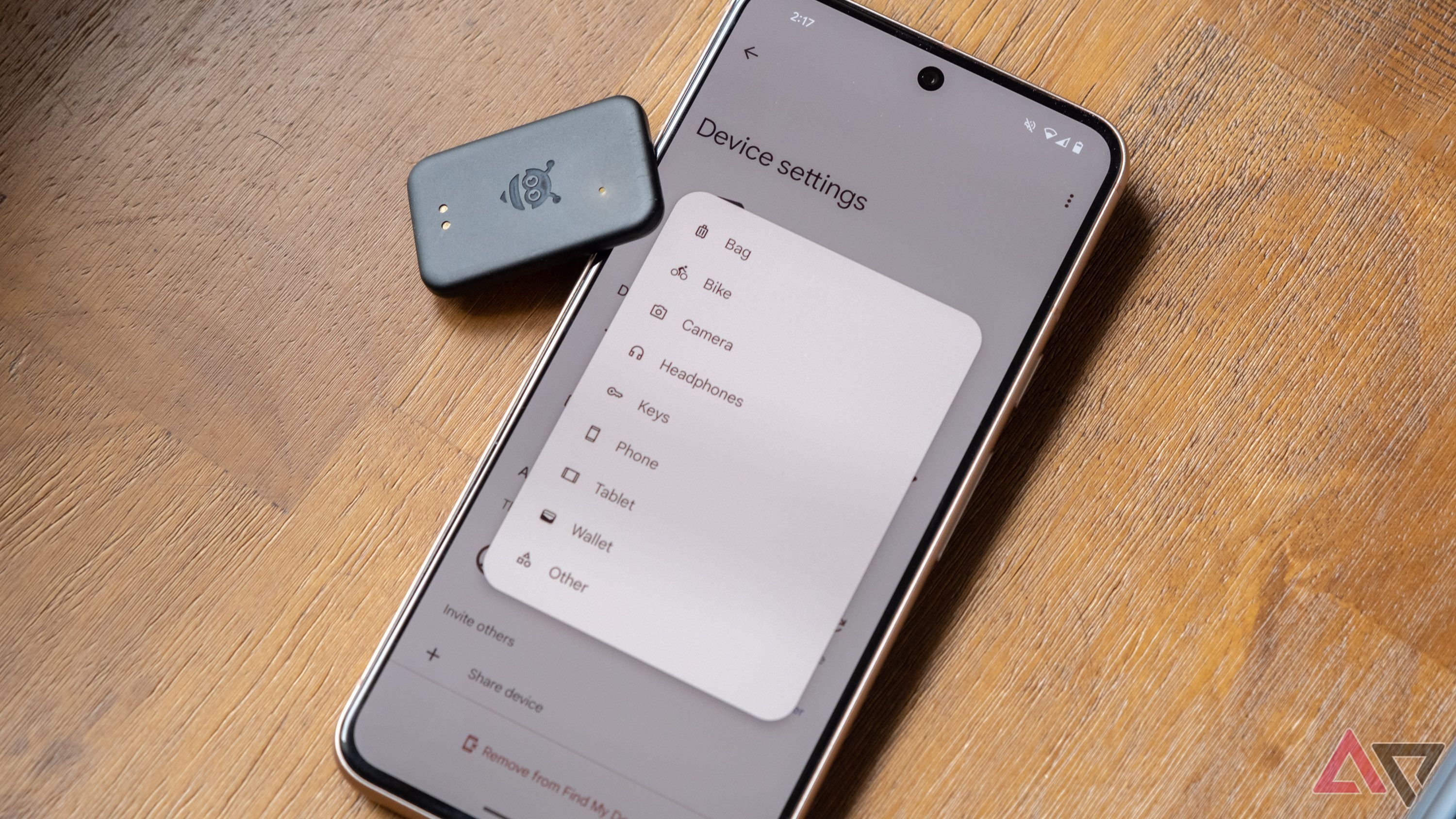- One Redditor tested Google’s Find My Device network against Apple’s Find My Network by shipping an AirTag and a Pebblebee tracker to a different state and tracking the package through the respective apps.
- The Pebblebee Tracker struggled to provide location updates, while Apple’s AirTag consistently updated throughout the journey.
- Google’s Find My Device network is still nascent and opt-in, limiting its effectiveness compared to Apple’s Find My Network. Google is reportedly working on improving its network’s speed and reliability.
Still annoyed that tile has not committed to making their devices compatible with this and rather want to push that life360 rubbish, which openly sells user data.
People only really went with their product because something first party didn’t exist, now their service will get worse as people start adopting this over their service and they turn all their trackers into e-waste—because trackers without a good enough network are kind of useless
opt-in
I tried opting-out. There’s no way to do this account wide; the setting has to be changed per-device. I didn’t really like that.
I use GrapheneOS, so it just doesn’t exist on my phone at all. I want nothing to do with this feature whatsoever.
Worst possible experience, not hardly. He mailed the thing and tried to track it, and it didn’t work. When I saw “worst possible experience” I expected a swat raid or something. This is 2024, and if all that goes wrong with a new tech gadget is that it doesn’t work, that’s literally a nothingburger. At least give us some battery explosions or something.
Obligatory: https://biggaybunny.tumblr.com/post/166787080920/tech-enthusiasts-everything-in-my-house-is-wired
battery explosions
Samsung: “introducing our new tracking devices!”
“Says here my courier’s delivered it to the emergency ward”
Exactly. Worst case for me is a stalker of some sort tracking me through my phone and sexually assaulting me in a parking garage or something when I’m alone.
Because Google decided to make it opt-in and by default also to send data only in crowded places.
They said it’s because they care about privacy. But because it’s Google and we all know they don’t care a bit about privacyI wonder instead if it’s because keeping track of billions of devices it’s expensive and requires many servers, so it’s a cost cutting measure
“Redditor uses service that no one really uses yet, resulting in competing service that everyone defaults to using being better.”
How could this be?
One of worlds largest companies, can’t even afford to fund a project to make it competitive and attract users to grow it.
Are you aware of Google’s track record of products that have success? The graveyard would make Stalin blush.
It only proves how dystopian our present time is with how easily and accurately something can be tracked
Is Apple’s network opt-in?
I thought the whole reason for its usefulness (coverage) was that it wasn’t opt-in.
Shit like that is why Apple devices are banned from our home network.
why? what does their device locator service have to do with your home network?
I’m genuinely curious, because nothing from that service has anything to do with anything that might happen on your network
Shhhhhhhhhh. We hate on google, and microsoft all day long here. Didn’t you know every once in a while we like to hate on Apple, too? Variety is the spice of life, my friend!
why?
For the same reason that one might block ads or cookies, of course. I don’t want a third party corporation profiling the bluetooth devices in my house and selling data about me to advertizers.
what does their device locator service have to do with your home network?
Apple’s device locator service uses the internet to report device IDs and GPS coords to Apple.
I’m genuinely curious, because nothing from that service has anything to do with anything that might happen on your network
Ideally, that would be true. But device locators necessarily report their snooping using an internet connection, and if they’re on my home network when they do it then they’d associate my IP address with my location. That’s way more of my personal information than I want Apple to have.
According to Apple (and I’m sure people have already investigated it), location data is encrypted in such a way that only the owner of the device can read the transmitted location. So no, this isn’t going to “associate your IP address with your location”.
Only you can see where your AirTag is. Your location data and history are never stored on the AirTag itself. Devices that relay the location of your AirTag also stay anonymous, and that location data is encrypted every step of the way. So not even Apple knows the location of your AirTag or the identity of the device that helps find it.
profiling the Bluetooth devices in my house
Uh, I hope you’re banning anyone with an iPhone from even getting within 10 meters of your house. Because their phone could easily just grab a list of all BT MACs (or hell, even WiFi MACs) it finds and then transmits that with its current GPS coordinates via its cell network. Doesn’t even need your network at all. And your wireless devices have to transmit their MAC addresses to work even if their not in pairing mode.
Not much I can do about that, but I can at least keep them off my network so that info isn’t associated with my IP address and sold off to whoever wants it.
Sort of. It asks as part of a series of questions on first boot when you sign up for a new account at the same time, but it defaults to yes, so idk if you would count that as opt-out or not.








